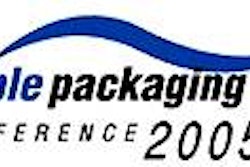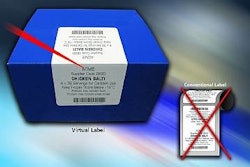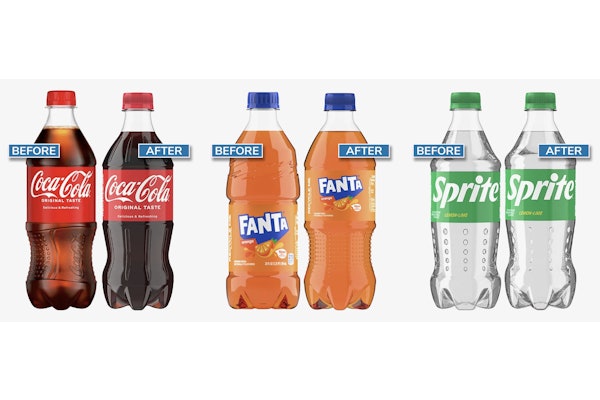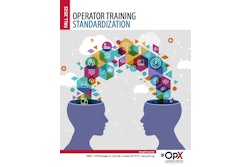The report from which this coverage emanates is all about what the IoM calls “Complementary and Alternative Medicines,” of which supplements are just one part.
In fact, although the report’s recommendations on dietary supplements has gained wide coverage since its release January 12, that topic is just one small part. It calls for more research into CAM and especially how alternative medicine can be integrated with conventional medicine.
For example, the report states that CAM has grown to be a $27 billion industry, and, surprising to me, that the public visits alternative-care providers more often than primary-care doctors. Yet, Congress passed the Dietary Supplement Health and Education Act of 1994 that blocked regulatory scrutiny of dietary supplement makers. Even now, with many reports of mislabeled products behind us, the Food and Drug Administration is just beginning to take some tiny steps to investigate.
Perhaps it’s my advancing age, but I find my personal medication regimen has advanced well beyond those prescription drugs to control blood pressure or cholesterol levels. Yes, I take vitamins, too, but along the way supplements have been added, including garlic, fish oil, and an anti-oxidant called CO Q-10, among others.
A few years ago, recurring knee pain drove this skeptic to several visits with an acupuncturist with the ever-so-apt name of Dr. Fang. When I later mentioned sinus problems, the number of needles increased, and the doctor offered a Chinese herbal designed to counter my evil dampness. These treatments were only moderately successful.
In what may be a symbolic return to my childhood, I’m now taking cod liver oil, in capsule form instead of the liquid my mother administered long ago. The oil was suggested by an orthopedic doctor some years ago when I suffered muscular weakness. Since I didn’t want that condition to return, I continued to take the cod liver oil, long after the prescription drug that accompanied it had apparently remedied the problem.
So I’m one of the estimated 15 million American adults who take various forms of dietary supplements. I’ve shared with my primary-care doctor a list of these supplements. Apparently many people don’t, so there’s a definite concern about interactions that appears in the report.
Most damning in the report is the reported lack of quality control by supplement makers. For example, one study of 59 samples of the supplement Echinacea purchased in Denver found that 10% of them contained “no measurable Echinacea at all” despite being labeled as Echinacea. Another analysis showed that some 32% of certain Chinese herbal medications actually contained undeclared and unlabeled pharmaceuticals or heavy metals.
Despite these studies, DSHEA acts as a shield. Over the years, Packaging World has done feature articles on some of these manufacturers, many of them employing true state-of-the-art packaging facilities. But PW editors are neither qualified nor responsible for judging the products being filled on these modern lines.
And for now, neither is FDA—until it learns of a product being mislabeled or a product is found to be dangerous, like ephedra or androstenedione. Given the criticism FDA now endures over the dangers of FDA-approved prescription drugs like Vioxx, it would be difficult to have much confidence in its ability to monitor this fast-growing business.
The IoM recommends amending DSHEA to ensure “accuracy and comprehensiveness in labeling” together with enforcement authority and added consumer protection. So whether it’s done via licensing, independent analysis, or process inspection, the DSHEA loophole needs to be filled now for both domestic and imported supplements.
See an archive of Arnie Orloski's Pipeline columns at www.packworld.com/pipeline.
Arnie can be reached at [email protected]


























